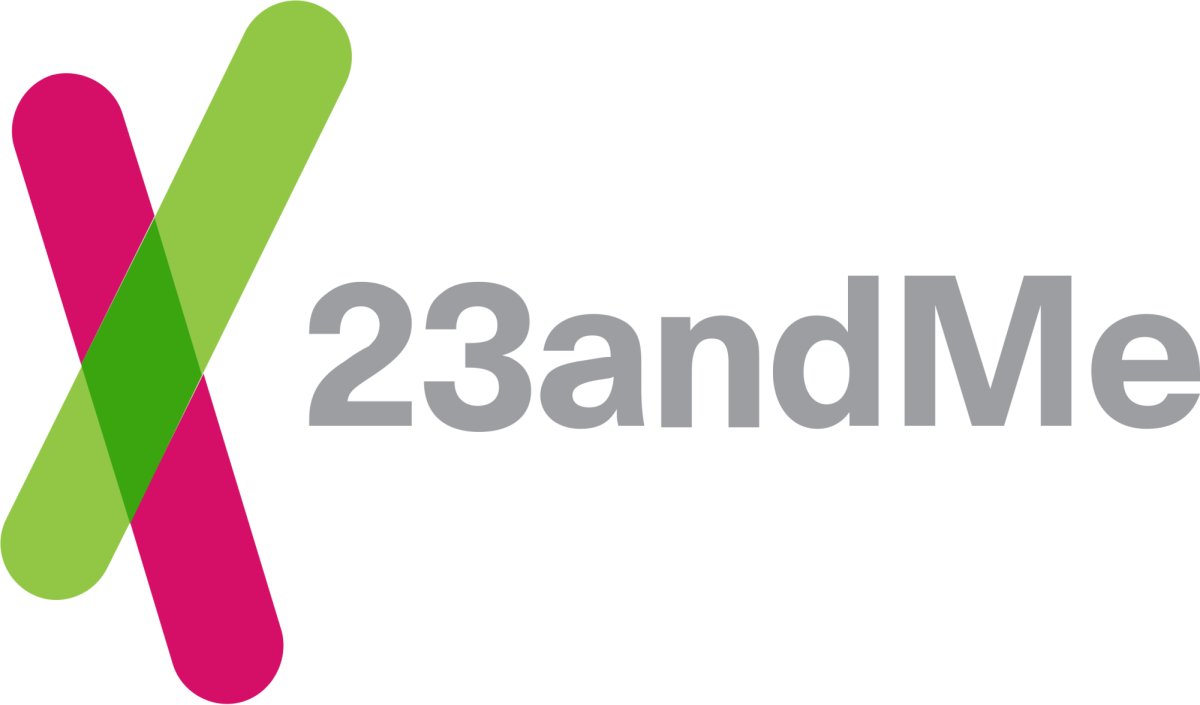The last time our government budget was balanced was during Bill Clinton’s presidency in the 80s. Nearly every president since then has put America in debt.
However, the recently averted government shutdown surprisingly has nothing to do with the fact that the United States is in considerable debt. And no, the government is not broke, but only because of countries and organizations that can still loan us money.
Every fiscal year, which is a year considered for mostly government taxing and accounting purposes, Congress has to approve funding by passing 12 appropriation bills. According to the National League of Cities, federal government shutdowns occur when budget and appropriations disagreements between House, Senate, and White House leaders cannot be resolved before the start of a new fiscal year.
If Congress hadn’t passed the stopgap spending bill, which funds federal agencies for 45 days, it would’ve launched a government shutdown, which is bad for everyone.
When there is a government shutdown, essential workers like airline/flight control aren’t paid but still have to show up to work. At the airport, flight delays, longer lines at security, safety concerns for passengers, and longer wait times to get passports are just some of the problems.
At the same time that the military and TSA agents have no choice but to work without a paycheck, members of Congress still get paid. Ironic, isn’t it?
According to Congressman Dan Kildee, a government shutdown could also impact federal loans given to small businesses. The U.S. Small Business Administration (SBA) will not accept, review, or approve any new business loans for small businesses, causing businesses to diminish their revenue and face an overall loss.
In the past, there have been a total of four government shutdowns in America. David Wessel, who wrote for Brookings, said that in 1995-1996, President Clinton and the Republican Congress were unable to agree on spending levels, causing the government to shut down twice, for a total of 26 days.
Again in 2013, a disagreement over funding for the Affordable Care Act before the fiscal year resulted in a 16-day shutdown. And in December 2018 and January 2019, a dispute over border wall funding led to a shutdown that lasted 35 days. However, it was only a partial shutdown because Congress had previously passed five of the 12 appropriation bills and only organizations without approved appropriation bills had to shut down.
Thankfully, the government did not shut down on October 1st, but the conflicts that led to the brink of the shutdown are being shoved under the rug and avoided until the next possibility of a government shutdown. Even though we have postponed the shutdown for 45 days since October started, according to the National League of Cities, the likelihood of Congress passing all 12 federal bills before the November 17, 2023 deadline is low.













